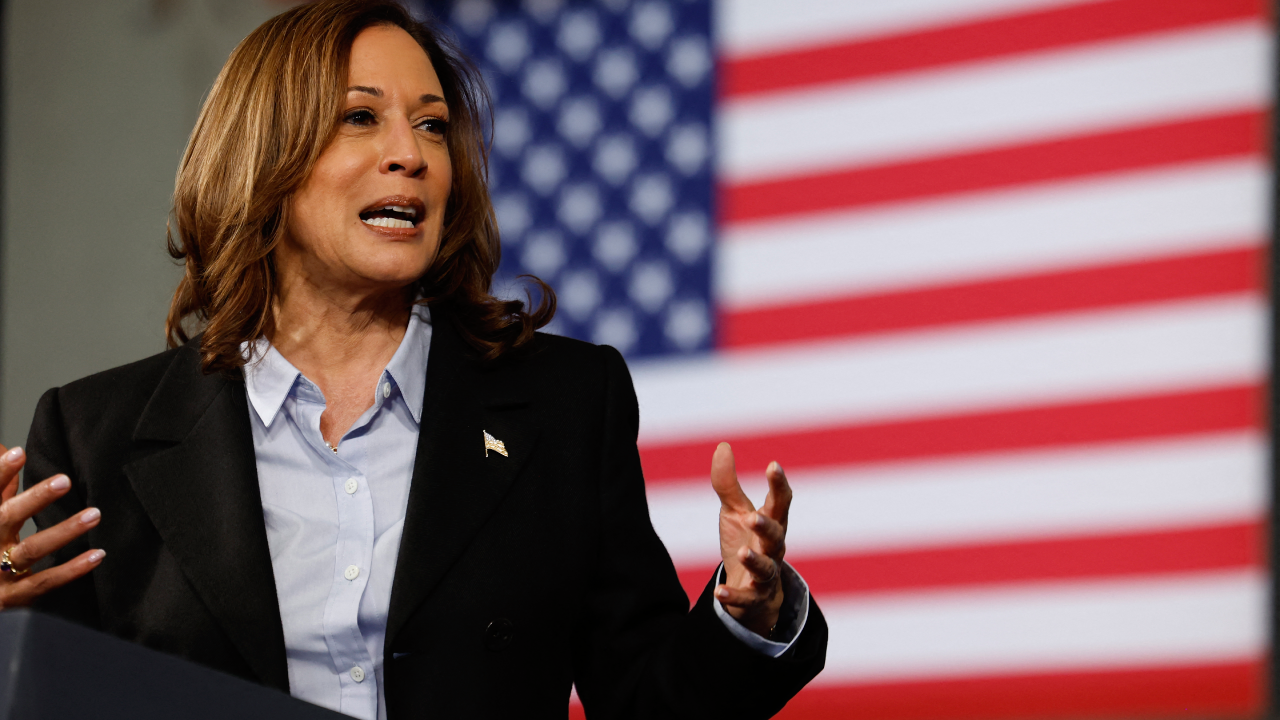
JEFF KOWALSKY / Contributor / Getty Images
Democratic candidate Kamala Harris this week proposed several policies designed to help create and grow small businesses across the country if she wins the presidency in November. She spoke to a crowd in New Hampshire about these new policies, as well as making the country’s overall business climate more startup-friendly.
One of his most ambitious plans is to expand the small business tax credit from $5,000 to $50,000. Considering the average new business owner spends about $40,000 in the first year, this tenfold increase in tax credits could help new entrepreneurs get through rough starts.
This proposal would also give new businesses the opportunity to claim the credit after they have made a profit, which can lead to significant tax benefits. Harris also talked about making it easier for businesses to file taxes and offering federal incentives to relax state and local regulations to better encourage small business growth.
The speech aligns with Harris’ goal of seeing 25 million new businesses formed during the first term of his presidency. If successful, this would be a substantial increase from Joe Biden’s presidency in which a record 19 million new business applications were filed.
Republican candidate Donald Trump made a number of promises during his own campaign to help small business owners. If he wins in November, Trump has pledged to roll back or weaken many of the Biden administration’s labor regulations, which could help employers. He also plans to build on his Tax Cuts and Jobs Act of 2017 and allow larger tax deductions for partnerships and S corporations. However, Trump has promised to raise tariffs on foreign products, a move that could significantly increase the cost of basic materials for many businesses and customers
Current challenges for small businesses
These campaign promises come at a time when many consumers and businesses are feeling the pressures of inflation. Small businesses face a challenging landscape, especially as the cost of living rises, and while higher tax breaks can be helpful, some feel that’s not enough to make meaningful changes.
Todd Miller, president of Isaiah Industries, a metal roofing manufacturer based in Piqua, Ohio, believes startup funding should play a bigger role in the candidates’ economic policies, regardless of who wins in November.
“The promise of a tax credit is not going to provide the immediate funds that startups need. And banks are reluctant to finance private startups,” says Miller.
A popular way to get that financing is through Small Business Administration (SBA) loans. These loans are coveted by business owners because they are among the most flexible and affordable ways to get business financing. These loans, which are backed by the federal government, tend to have more favorable terms and longer repayment periods than plans from other lenders. However, they are notoriously difficult to obtain and have a high rejection rate. In 2023, fewer than 60,000 applicants were deemed eligible for SBA 7(a) loans and even fewer were approved for 504 loans.
“Currently, the SBA only guarantees loans that banks are willing to make,” Miller says. “Banks lend more against cash flow than against assets when it comes to business. In my opinion, the SBA going out and offering direct loans without a middleman bank to startups and even existing businesses looking to grow would be more beneficial than tax credits or deductions.
While there are many other SMB lenders on the market, the application process can be arduous and uncertain, especially for those with poor credit and high debt. Businesses in poor financial condition are often forced to opt for a bad credit business loan with less favorable terms than those offered by the SBA or other lenders.
#Kamala #Harris #give #businesses #big #tax #break #Bank #fee